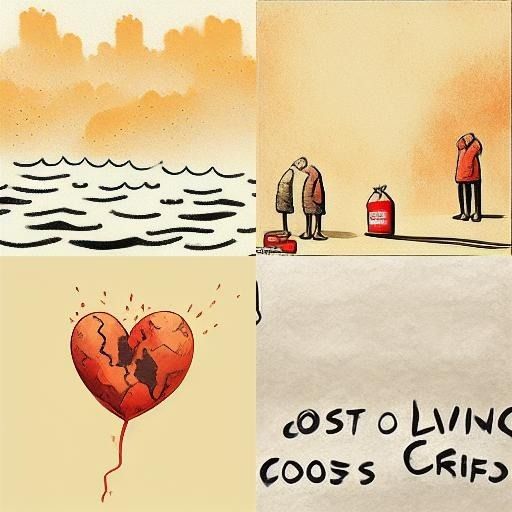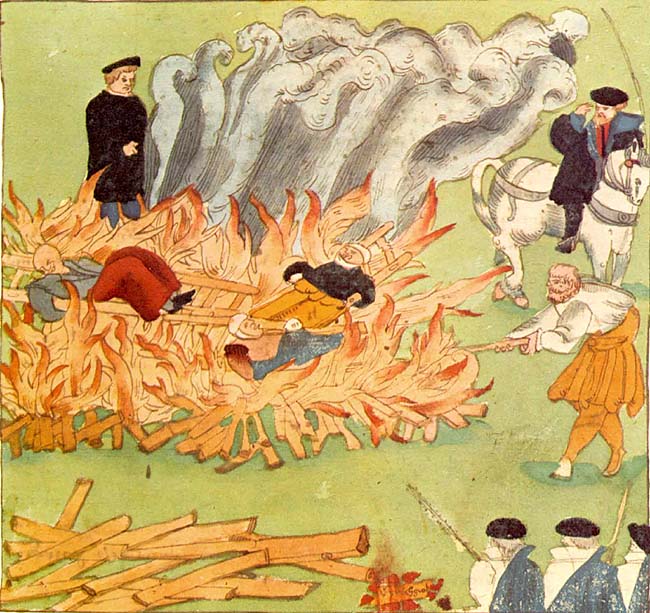Getting teens interested in personal finance: a Q&A with Bargain Books

Hello, grownups!
Manage Your Money Like a Grownup: Teen Edition AKA "the mouth-washed-out-with-soap" version of my money book, drops in 2.5 weeks on 1 September. I am excited to get it out into the world and start CORRUPTING SOME YOUTHS 😈
I recently did a little Q&A with Bargain Books, talking about what it was like adapting the content for teens.
--
Do you think there are particular financial issues that are unique to the current generation of teenagers?
Hoo boy, yes. In a few years, today’s teens are going to start their careers in a world that’s dizzyingly unequal, where levels of youth unemployment will likely still be high, and when the effects of climate change and technological disruption will be a wrecking ball dismantling previously stable industries. I don’t feel like this is all doom-and-gloom, though: it seems clear to me that the global economy has reached a breaking point, and we cannot go on as we have any more. I believe that this generation will usher in a time of profound change. That’s why it feels so important, when discussing money with them, to help them to really understand the fundamental principles, so that they can make sound decisions no matter how the future unfolds. I want to equip them with tools, rather than blueprints.
How easy was it to adapt this book for a younger audience? Is there much of a difference between your advice to adults and your advice to teens?
It was a fun challenge! It’s much harder to explain something simply than to explain something in detail, and it’s a real test of whether you actually understand a concept yourself. As research for this book, I asked 100 high schoolers what questions they had about money (with help from one of our readers - thanks Valen!). Their questions were so profound: they wanted to know why some countries are richer than others, what inflation is, how the stock market functions, whether money can make you happy, and what money actually is. They were deep questions! Trying to answer them was very gratifying.
The advice I give to young people and adults is similar, but I put a lot of work into trying to contextualise that advice so that it’s relevant to teens’ lives, so we talk about pocket money, teen-friendly side-hustles, relevant budgeting, student loans etc.
What do you think are the biggest barriers to getting teens interested in finance?
Many teens today are pretty disgusted by the whole financial system, with good reason. I completely understand the desire to stay away from it, but we need the opposite: we need young people to really engage with how the economy works so that we can all make it better. In the book, I try to balance talking about how we can succeed as individuals with an awareness of how we need to change the broader system to make it fairer.
Do you think that the unkind stereotype of the apathetic, irresponsible teenager is as widespread now as it might have been previously? If not, what’s changing?
I don’t think I’m alone in just being completely in awe of teens today. They’re so creative, connected, informed, passionate (and hilarious). There is a long history of youth activism in this country and today’s youngsters are a proud continuation of that tradition. Right now, they’re confronting a pandemic, a global economic crash, historically high levels of unemployment, and the teens I’ve met are doing so with bravery and resilience and a commitment to justice. I want to be like them when I grow up.
Is there one financial term that almost everybody seems to misunderstand?
Entrepreneurship. When most people think of entrepreneurs, they have quite a narrow idea of people who start high-growth tech companies. Entrepreneurship is much broader than that: it’s people who create their own jobs, and jobs for people around them. Artists, sportspeople, freelancers, inventors, innovators, activists, hustlers… all of them are entrepreneurs. MOST of today’s teens will need to be entrepreneurs of one kind or another. It’s crucial that they learn these skills as early as possible.
Does it seem to you that most of us consider investing to be an activity solely for the wealthy?
Definitely! But it’s not true. People from all across the economic spectrum are making investment decisions all the time: informal traders invest in stock to sell, families invest in expanding their homes to get extra rental income, everyone who saves into a pension is an investor. It’s crucial for all of us to understand how investing works and learn skills to get better returns on our investments.
It’s also getting easier and easier for people to invest in financial products. You can buy shares for as little as R20 on an app, these days. The whole internet is full of ads promoting Bitcoin and forex trading, and there are almost no barriers to getting started. This is both a good and a bad thing: the accessibility is great, but access without financial education is very dangerous.
Were you inspired to start saving and managing your money as a teen? If so, how did that happen?
HAHAHAHAHAHAHAHA I did not manage my money as a teen! Any money I had as a teen vanished the second I touched it. Unfortunately, this habit followed me well into my 20s, when I finally realised how much debt I’d racked up and turned my financial life around. I hope young people can learn from my mistakes so they can skip making some of their own.
Of the things you’d have had to research and expand upon for this book, does anything in particular stand out?
Our brains can’t really grasp the difference between big numbers: a billion rand doesn’t seem that different to a million rand. But think of it like this:
- A million seconds is 12 days.
- A billion seconds is 32 years.
- A trillion seconds is 30 000 years. 30 000 years ago cavemen were just discovering this radical new technology called MAKING TOOLS OUT OF STONE.
So yeah, when you hear that Jeff Bezos' net worth is $144-billion, know that it's a much bigger number than it sounds.
Have you ever received a piece of financial advice that really stuck with you?
You can do anything, but not everything. It really helped me when I started to see my money and my time as finite. You have to focus on what matters most to you and be thoughtful about putting your time and your money into those things, otherwise it’s very easy for both to vanish before your eyes on things you don’t care about.
--
Look out for the book at your nearest bookstores from 1 September - it will be full of even more money insight, charming illustrations from Nanna Venter, and poop jokes.
Wishing you entrepreneurial teens, resilience, and a lot of pocket money (even if you're 33 years old),
Your friend Sam
Updates from Sam-land
My partner and I moved out from our temporary "finding-our-feet-in-Cambridge" place to a new (hopefully) long-term rental. The best thing about it is that it's a 2 minute walk from the river, which means I've been spending a lot of summer evenings like this:



I also took a week off to rest and recharge (and do a lot of puzzles). I was feeling a bit burned-out, partly because of this pesky global pandemic thing, and also because of the looming book release. Releasing a book is always wonderful because it's like seeing your kid go off to school for the first time, knowing they're going to make their own friends and start living their own life. But it's also STRESSFUL as HECK. What if you all hate it?? What if it's terrible??? What if there's a TYPO in it and someone SEES IT and then I will have to go into hiding and change my name and live forever in SHAME????
Anyway, puzzles helped!
- The biggest joy in my life right now: Magpies, the novel I'm writing with Dale Halvorsen, has a finished "zero" draft (not a first draft yet, but 80k words of good raw material). We put it down for two weeks, and now we've started cutting it up and shuffling scenes around and making the plot work. I found the Story Grid spreadsheet pretty helpful for this. Isn't it hilarious that I can get spreadsheets involved even when it comes to writing novels?

- We've been working on a fun new feature for Lettuce, our app that helps you keep track of your investment portfolio: customisable alerts. You can set up email or push notifications for things like the price of an asset changing, for the value of an account being more than another account, or even for stuff like "let me know if my #high-risk investments are more than 5% of my portfolio". Take a look at our work in progress here. We'll try to ship this feature to you by the end of the month, and I'm excited to see what you all do with it :)
- I did a really fun interview with Diana Granoux on her podcast, The Family Finance Show, all about the power of compound interest.
Last week, I asked you to let me know how I could make these posts more useful for you, and I got some really helpful responses! Please feel free to get in touch and tell me what topics you like the most, what questions you need answering, and anything else I can do to make this site betterer for you.
Mega smooches!
S






Member discussion